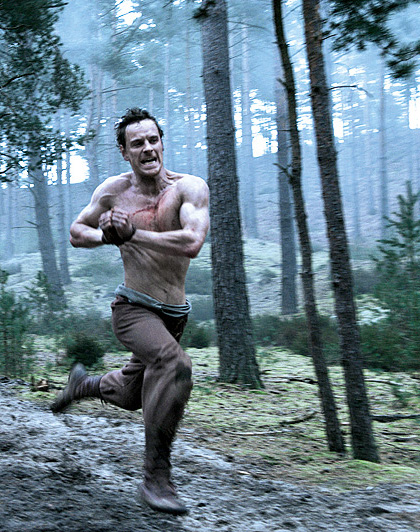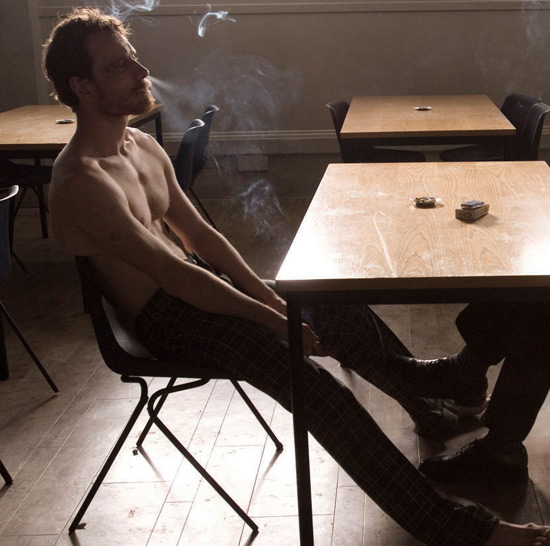
This story, almost heartbreaking in its poignancy, could almost have slipped from the pages of Mary Oliver, one of Williams’s favourite poets – or, for that matter, from one of her own films, which are filled with such moments combining the elegiac and the everyday. (Tom Shone, Michelle Williams “Blue Valentine” interview, The Telegraph)
Is it me, or is there something somewhat creepy in the way that profiles of Michelle Williams fetishize her very famous loss? How they make her sound so delicate yet so strong, mentioning her love of poetry and her lovely young girl and her tenuous loveliness. Since these pieces have to follow certain lines - she had a child with another actor, he died, accidentally, he won an Oscar - they never seem to get beyond that narrative. Which in some ways may be good for her, I suppose, since her actual life could be far away from celebrity machinery.
Driving around Brooklyn today, Williams keeps seeing ‘these little ghosts of me and Ryan doing these things. It’s strange and it’s sad. I’m the one left holding the memories because I’m the one who’s in that place. Everyone else is gone.’ It is the first thing I learn about Williams: she is never more than a beat from elegy. (Tom Shone, ibid)
And in other ways, it leads towards whole Modern Love columns about how maybe some Brooklyn writer’s child could marry Matilda Ledger and he could hang out with Michelle Williams, Michelle Williams, the two words known as “Michelle Williams,” all the time.
Michelle Williams peered around the counter at us, and I smiled and told her I’d keep an eye on things while she placed her order. Matilda ran back and joined my son, the two of them pounding on the tabletop for several minutes until Michelle Williams sat down with her coffee.
In case you ever wondered, Michelle Williams — very nice. (Modern Love, “He Had Her Attention, and Then He Lost It,” Albert Stern)
Aiming at charming, I suppose, it just ended up as creepy namedropping and a violation of personal privacy. The ickiness set in because there was no way this article would’ve been written without the repetition of “Michelle Williams, Michelle Williams, Michelle Williams” as a near-koan. It is, perhaps, the ultimate example of how your persona can shift into two words that mean something to the majority of people - the sad wife in Brokeback Mountain, the Dawson’s Creek ingenue made good, a Brooklyn bohemian Mom bravely muddling through - without ever becoming a reflection of the real, the tangible, and the everyday.
As we settled onto the sofa in front of the fireplace on the second floor of the house she had shared with Heath in their happier days, I presented her with her gifts. A gasp escaped her as she saw the Howard Moss book. Her eyes had already begun to mist as she ran her finger down the Table of Contents through the myriad titles and allowed it to come to rest at one of Moss’ most beautiful poems, “The Pruned Tree.” She turned to its page. There was one tear. Then there were two. But that was all. She flicked them away. It was her smile that now registered such wonder. (The Daily Beast, “Michelle Williams on her new film Blue Valentine,” Kevin Sessums)
The Sad Jackie O photo negative of Michelle Williams that you get in interviews these days is boring. But the Michelle Williams at the fringes of these articles, well, she’s fascinating.
I’d love to read about her someday.
















